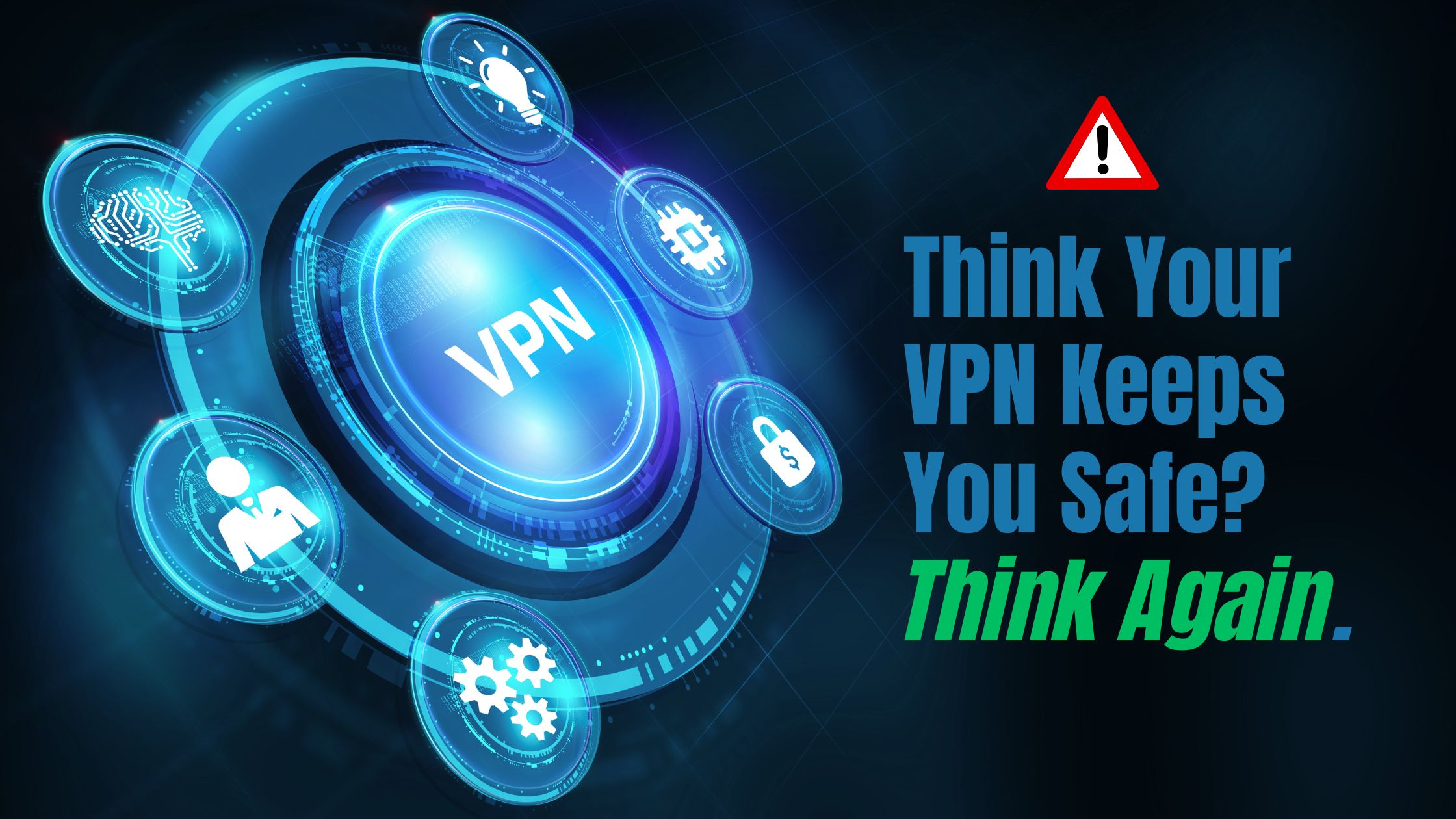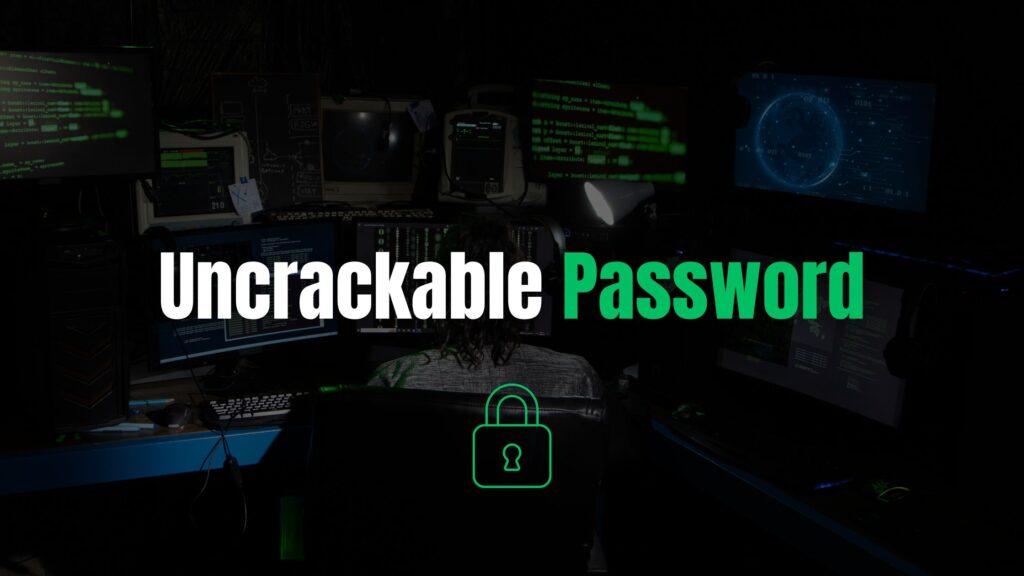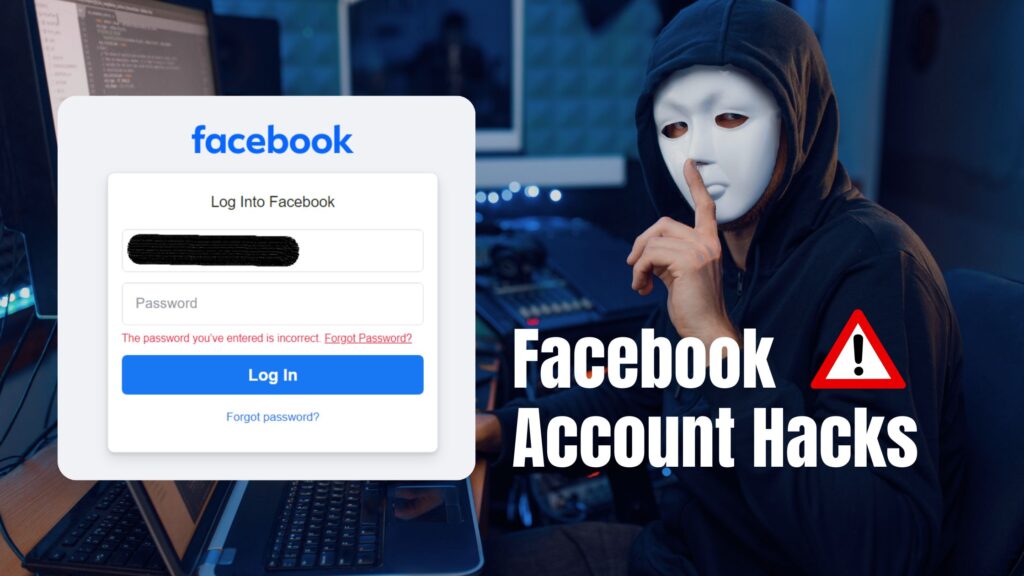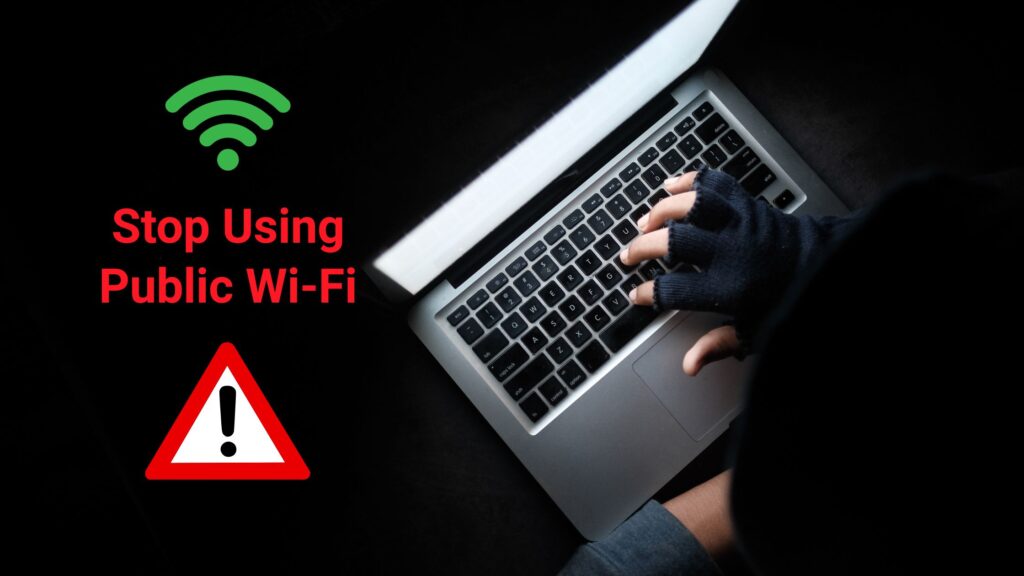If you’ve ever watched a YouTube video about online privacy or tried to stream The Office from another country, chances are you’ve heard of VPNs. They’re the digital cloaks of the internet — shielding your location, hiding your data, and promising total anonymity with just one click. Sounds like magic, right?
But here’s the one thing nobody tells you about VPNs — the uncomfortable truth that rarely makes it into the flashy ads and influencer endorsements:
Most VPNs know exactly what you’re doing online — and some are even selling that data.
Yep. Let that sink in.
Wait… What?! Aren’t VPNs Supposed to Protect My Privacy?
In theory, yes. A Virtual Private Network (VPN) encrypts your data and routes it through a server somewhere else in the world, masking your IP address and making your internet traffic harder to track. That’s great for avoiding surveillance, censorship, or geographic restrictions.
But here’s the kicker: the VPN provider can see everything you do while you’re connected to their service.
So instead of your ISP (Internet Service Provider) watching your traffic, you’ve just handed the keys to a VPN company — many of which operate with minimal transparency, shady ownership, and data policies that are about as clear as mud.
Free VPNs Are the Worst Offenders
If you’re using a free VPN, read this twice:
If you’re not paying for the product, you are the product.
Free VPNs need to make money somehow. And they often do it by logging your activity and selling that data to advertisers, marketers, or worse. Studies have shown that many free VPNs leak user data, inject ads, or even contain malware.
Even Paid VPNs Aren’t Innocent
Think a premium VPN means perfect privacy? Not always.
Some paid VPNs claim to have a “no-logs” policy, but that term is thrown around loosely. Unless the provider has undergone independent audits, you’re taking their word for it.
And don’t forget the human factor: the company behind your VPN could be bought out, compromised, or headquartered in a country with aggressive surveillance laws (think: China, Russia, or even the U.S.).
The Real Solution? Know Who You’re Trusting
A VPN can be a powerful privacy tool — but only if you know who’s behind it.
Before choosing one, ask:
- Where is the company based?
- Have they been independently audited?
- What’s their real logging policy?
- Who owns them (and have they changed hands recently)?
And consider this radical idea: use a VPN only when you actually need one. For everyday browsing, you might be better off with a secure browser (like Brave), DNS-level tracking blockers (like NextDNS), or the Tor network for extreme anonymity.
The Bottom Line
VPNs can protect your privacy, but only if you choose wisely. Otherwise, you might just be trading one snooping overlord for another — only this time, you invited them in.
So next time someone tells you to “just use a VPN,” remember: it’s not a magic cloak. It’s a trust fall. Choose carefully.
Liked this post?
Share it with a friend who thinks they’re anonymous online — and make sure they’re not trusting the wrong VPN. 🕵️♂️💻




